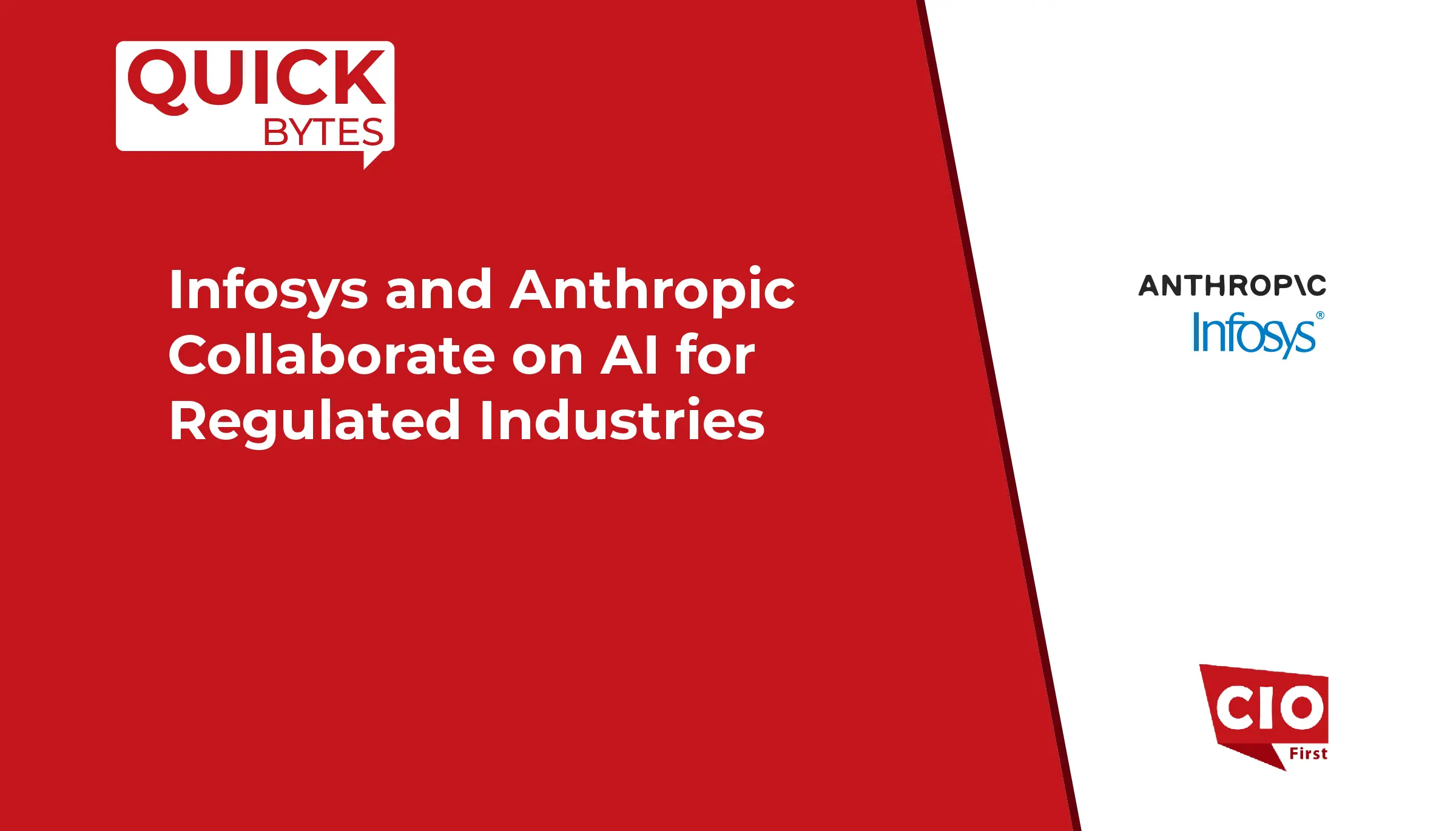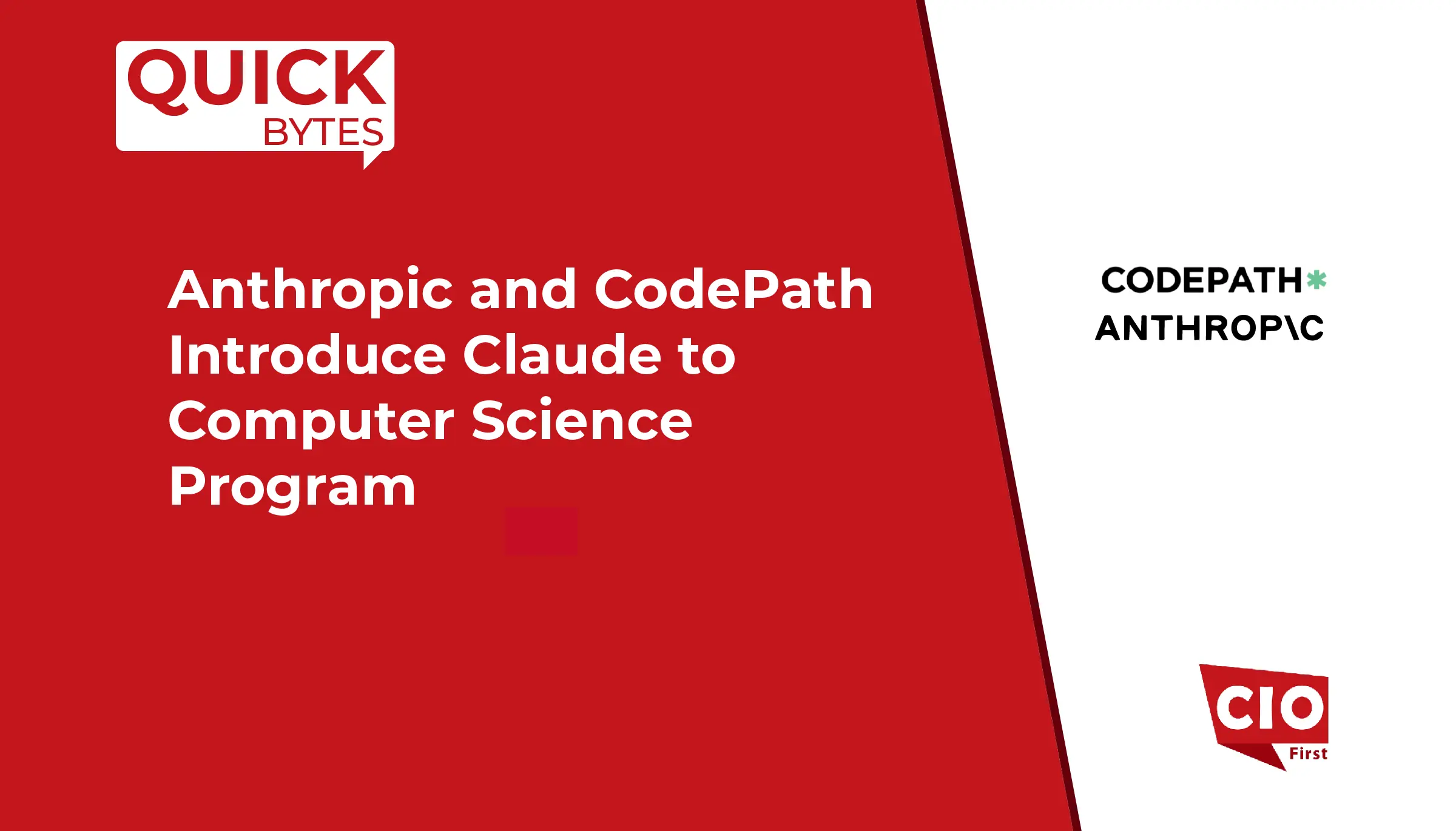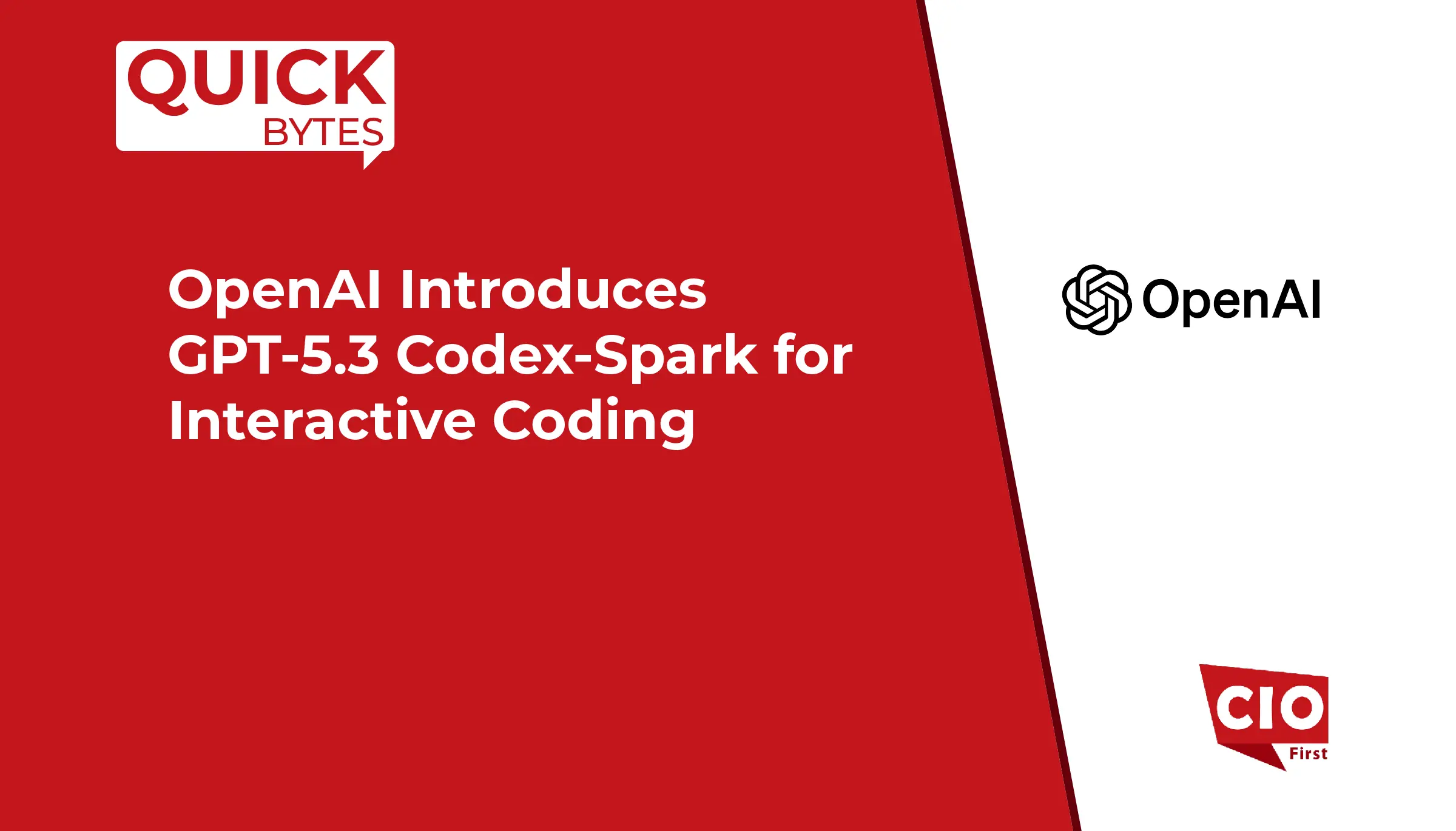As data science and machine learning have become common, users and regulators alike have demanded greater privacy guarantees. The next generation of cryptography techniques has the potential for a privacy breakthrough, tackling the conflict between privacy and big data. However, just as artificial intelligence has required improvements in computing chips, software and algorithms, next-generation cryptography requires that same coordinated effort to achieve real world adoption.
To take on all of these challenges, Silicon Valley hardware startup Fabric Cryptography is today announcing its $33 million Series A funding round to build computing chips, software and cryptographic algorithms. This Series A funding round was co-led by Blockchain Capital and 1kx, with participation from leaders in the sector, such as Offchain Labs, Polygon, and Matter Labs. It follows a $6m seed round led by Metaplanet with participation from Inflection and Liquid2 Ventures amongst others. Total funds raised stand at $39m.
Founded by MIT and Stanford dropouts Michael Gao and Tina Ju, along with AI hardware veterans such as Sagar Reddy, the team aims to use state-of-the art hardware-software codesign techniques currently found in AI hardware to build a brand new processing unit for cryptography, which they call the Verifiable Processing Unit (VPU). It will do for cryptography what Nvidia’s GPUs and many other startups’ chips are doing for AI.
Most people have heard the term “cryptography” when it comes to protecting our data, through encryption and authentication. But, as Fabric Cryptography’s Co-Founder and CEO Michael Gao points out, “There exists a whole world of advanced cryptographic algorithms that go beyond protecting our data, and can actually begin to guarantee trust, if we can run them efficiently. Billions of dollars have been poured into better AI chips of all kinds, but researchers and industry projects in cryptography have had to settle with CPUs or GPUs, which were never made for the kind of intensive math that advanced cryptography uses.”
The VPU is the first custom silicon chip that uses an instruction set architecture specific to cryptography. This means that any cryptographic algorithm can be broken down into its mathematical building blocks that are natively accelerated and supported by the chip. Going into production later this year, the VPU is poised to drastically improve the speed and cost of running advanced cryptographic workloads, compared to CPUs, GPUs, and fixed-function cryptography accelerators.
Fabric Cryptography is building the VPU at a time when cryptographic algorithms can make guarantees far more significant than simple encryption. Rapid progress is being made in algorithms that enable anyone to prove facts about a dataset while keeping the data itself private like Zero-Knowledge Proofs (ZKPs), algorithms that will enable secure computation on private data like Fully-Homomorphic Encryption (FHE), and algorithms that can allow two parties that don’t fully trust each other to work together like Multi-Party Computation (MPC).
CEO Michael Gao added: “Supporting cryptographers’ most ambitious ideas is core to the Fabric mission, because of the power these ideas could have anywhere we interact with the digital world. Our mission is to scale the speed and availability of next-gen cryptography through exponential advances across the hardware and software stack. We’ll know we’ve succeeded when trust and privacy are foundational to every digital interaction.”
Fabric has found a first market for advanced cryptography in the blockchain space, where ZKPs are a key solution for scaling decentralized infrastructure. For this application, Fabric has already received tens of millions of dollars in pre-orders for their VPUs. Fabric is also building a software stack which makes this new technology accessible to software developers, and several other algorithms that can keep your personal data private when using AI models in the cloud.
SOURCE: GlobeNewsWire


























